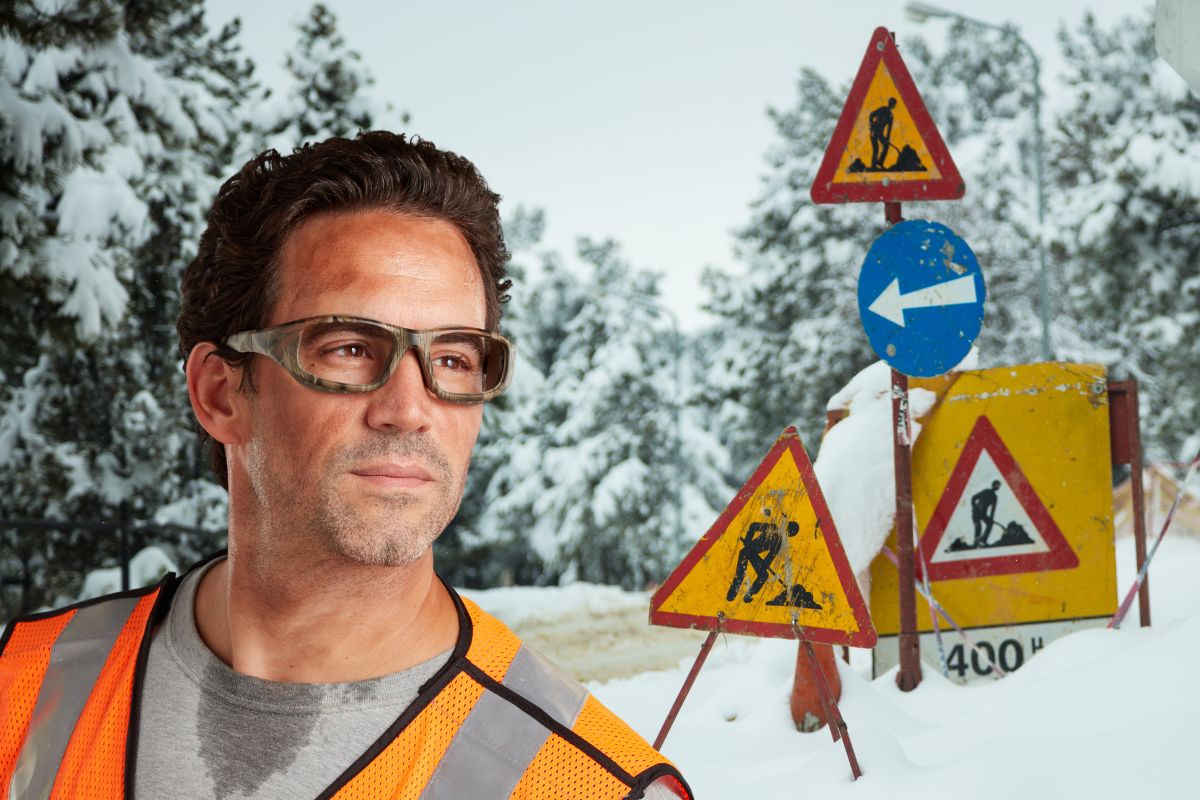Eye Health, Safety
Baby, It’s Cold Outside: Our Top Winter Eye Protection Tips
Winter is here and in full swing. It is time to enjoy the cold temperatures, the beautiful snowfall, the holidays, and maybe, if you’re lucky, days off school or work. While there is much to love about winter, it is unfortunately a difficult season for maintaining proper eye health, with the increased risk of dry eyes, watering, allergy-related irritation, fatigue, and much more. If you are looking to enjoy this season without eye discomfort or issues, check out our top 4 tips to keeping your eyes protected this winter—
Use A Humidifier For Protection
Dry eyes are one of the most common eye reactions to cold and windy weather. As we all know, having dry eyes can be extremely uncomfortable and can cause irritation which can lead to rubbing your eyes frequently. This increases the chances of further irritation which can worsen. This season, if you find yourself dealing with dry eyes, consider getting a humidifier for your home and/or workplace. These can help keeping your eyes’ natural moisture at a safe and comfortable level. This is especially helpful if you are often outside during the winter month, as this gives you a place to come home to where your eyes can recover from harsh weather.
Limit Your Screen Time
During the winter months, many people begin to increase their screen time. Whether you are chatting with friends and family online, watching more movies and TV shows than usual, or online shopping, you may notice your screen time going up and up throughout the season as you continue to stay inside. With an already increased risk of dry eye, it is a good idea to be cognizant of your screen time. Prolonged exposure to screens and blue light can cause a whole host of symptoms, such as eye strain, blurry vision, and headaches. Give yourself a break; eye doctors recommend the 20-20-20 rule. Every 20 minutes look away from your screen at something, at least, 20 feet away for 20 seconds or more. This is a good rule of thumb during any season.
Use Eye Drops
As this is the season of dry eye, another remedy you may want to consider to help keep your eyes lubricated and comfortable is the use of eye drops. Many over-the-counter eye drops can quickly and easily help with redness, dryness, and irritation, so they are a good thing to have on hand this season. If your symptoms are more severe, it is recommended that you talk to your optometrist and possibly get prescription medicated eye drops to help you through the winter months.
BUT it’s important to keep in mind that eye drops, used to treat dry eyes, are not intended for frequent and prolonged use. In fact, overuse of eye drops can do more harm than good. So be sure to read the labels and only use as directed. Furthermore, be sure to not touch the tips of the dropper bottle to avoid contamination and check the expiration date. When in doubt, throw it out!
Wear Eye Protection
Whether you are engaging in winter sports this season, spending time outside, or any other winter activity, wearing eye protection is a great way to stay safe and protect yourself from eye injury. Skiing and snowboarding come to mind but there are many outdoor tasks that are best done while wearing proper eye protection. While operating a snow blower or gas-powered ice auger while cutting a hole for ice fishing and even shoveling where rocks and other debris can get kicked up are less thought of but equally if not more important times to wear safety glasses or goggles. Eye protection does not just include protection from impact or debris, but also from the sun! UV damage is a far more common concern for most during the summer but it’s still an issue in the winter.
In fact, ice and snow covering the landscape can lead to a significant increase in reflective surfaces for bright light to shine in your eyes. This can be especially dangerous while operating a vehicle and other heavy equipment. Good quality polarized sunglasses give you a great advantage in these conditions and keep your eyes safe from harmful UV rays. Polarized lenses work by blocking horizontal light and only allowing vertical light rays to pass through them which means they reduce light that’s bouncing off of shiny surfaces like snow and ice. That’s why SafeVision offers the option for polarized prescription lenses with any of our safety glasses.
Maintaining Eye Care
No matter what you do this winter, make sure that you are taking care of your eyes. Maintaining good eye care through harsh seasons like this not only works to ease any discomfort in the present, but also helps to prevent some future eye concerns that can stem from winter eye difficulties. If you are looking for more tips and information about keeping your eyes healthy and protected, take a look at our SafeVision blog. We update this blog monthly with new topics, product information, and answers to your eye health questions, keeping you informed about all things eye safety.

